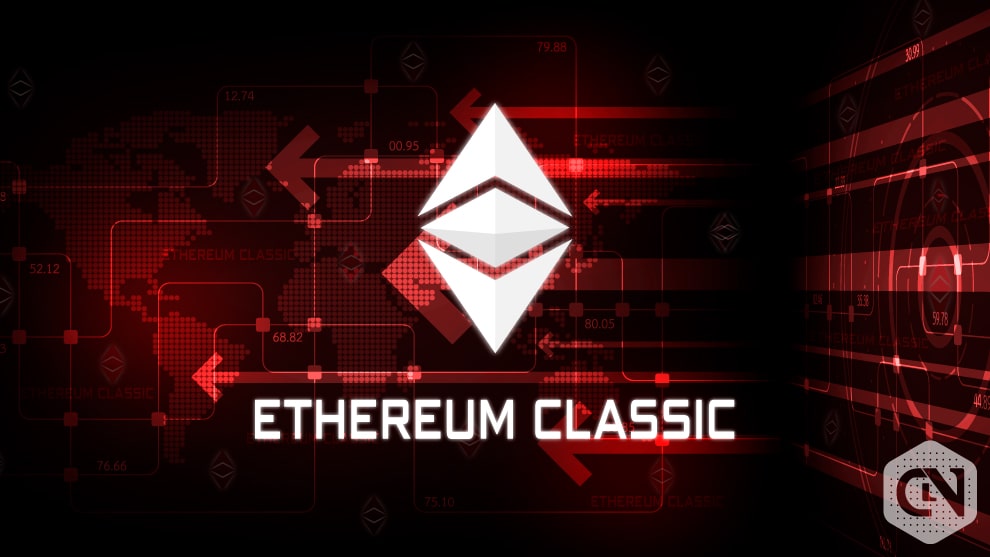The creation of Ethereum Classic has been one of the most talked about topics in crypto circles. One of the greatest teams in the digital currency space was divided due to differences in opinion which in itself was a tragic incident.
It all started way back in 2016 when Ethereum came under a severe cyber attack, which resulted in a loss of Ethereum coins worth over a staggering $50 million. Following the attack, the team Ethereum Foundation started to explore ways to minimize the loss and chose to carry out a hard fork.
A ‘hard fork’ means a radical change in the initial protocol of a blockchain, which makes previously valid blocks as invalid. This way, Ethereum could render the hacked crypto tokens as invalid. However, there was a group within the team which was against some of the changes like changing accounts, contracts and balances, as they considered it to be against the concept of decentralization, which was the core philosophy behind the creation of cryptocurrencies.
Advertisement
Therefore, the rebel team walked out and created their own cryptocurrency, Ethereum Classic, which was based on the original Ethereum Blockchain. However, in a turn of events Ethereum Classic (ETC) is all set for a hard fork itself, which is scheduled at the 8,750,000th block.
The hard fork is termed as Atlantis, and it would allow modification in the formula of the mining adjustment of the blockchain, while also adding new functionalities to the Virtual Machine of this network. Donald McIntyre, the famous ETC volunteer said,
“Ethereum Classic, like Ethereum, generates the main blocks but also produces what are called “uncles” which are valid blocks, that arrive at the same time, but are not considered part of the central chain. Since these also receive a small compensation through the mining reward, they can be manipulated to issue more ETC than what the monetary policy estimates.
With this modification, the difficulty for general blocs will be adjusted to include the number of uncles, making it more difficult to create them, minimizing the possible creation of money through the uncles.”
The reason for the hard fork arose after the 51% attack executed on ETC in January 2019. The attack began on the 5th and went on for three days, finally ending in the 8th. Total loss was estimated at $1.1 million.
The crypto space has predominantly been divided in the debate on whether hard forks are morally correct, as they are against the very basics of digital assets. The group which separated from the main team for its stand against hard forks is now ironically adopting the same thing. However, it can be argued that users may be willing to sacrifice a bit of decentralization policy for safety and security, but still, it remains subjective.
ETC’s Atlantis hard is expected in early September 2019, at the current rate of block generation. In his recent blog, Donald McIntyre listed the proposed changes, which include Spurious Dragon state-trie clearing, and replacing the intermediate state root field in transaction receipts with the contract return status.
Advertisement
He further added,
“In general all the changes as proposed were well received in the call, except for the state trie clearing, which will be discussed further with more analysis as described above. There were representatives from several core developer teams, mining operations, node operators, and other ETC ecosystem participants. The discussions about this hard fork will continue in the following days and weeks.”







